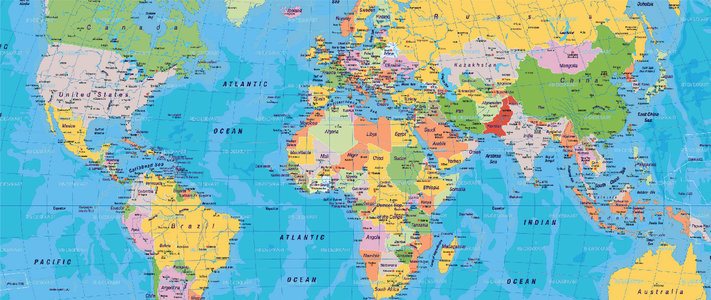Sen. Tom Cotton: American pressure will move Saudi Arabia, Russia in right direction
by October 28, 2018 10:01 am 1,294 views

U.S. Sen. Tom Cotton, R-Ark., said America can exert enough pressure to force Saudi Arabia to toe the line on its investigation into a troubling murder of a journalist, and he said withdrawing from a 30-year missile treaty with Russia may force them and the Chinese to the negotiation table.
Appearing on this week’s edition of Talk Business & Politics in an interview taped Thursday (Oct. 25) morning, Cotton said he’s troubled by the murder of Jamal Khashoggi, but as stories shift on what may have happened, it is important to let an investigation be completed.
“It’s clear that more action needs to be taken. We’re still trying to get all the facts. As you say, just in the last few minutes, there have been reports that suggest there was a premeditated murder. If that’s the case, we expect Saudi Arabia’s government to hold those persons responsible. Secretary of State Pompeo announced just a couple of days ago some pretty tough punitive measures in terms of visas, potential sanctions against those individuals as well. So I think it’s appropriate that we continue to let our two governments develop the facts,” he said.
But Cotton believes that whatever the end result of the investigation, the U.S. and Saudi Arabia must find a way to remain partners in the troubled Middle East region, regardless of who is at the top of either government.
“We have a long-standing partnership with Saudi Arabia, going back to FDR and the original King Abdul Aziz meeting on a battleship in World War II. And the reason we have that partnership is that we have common interests and common adversaries. So although I deplore the death of Jamal Khashoggi and their consulate in Istanbul, we should not take action that’s going to undermine that partnership and ultimately only empower our enemies, countries like Iran or empower countries like Russia and China,” he said. “In the end though, this relationship is about more than just a single king or crown prince in Saudi Arabia and more than about a single president in America. That’s why it goes back for 70 plus years. It’s about keeping the American people safe and it’s about defending our interests in the Middle East.”
On Russia, Cotton has been a steadfast supporter of withdrawing from a 1980’s Intermediate Range Nuclear Forces (INF) treaty between the U.S. and then-Soviet Union. Cotton contends that Russia is not following terms of the agreement and China’s rise in world affairs has presented a new military threat.
“It’s now become obsolete because Russia is blatantly violating it. Even the Obama administration said that. They are fielding intermediate range missiles. They can hold our troops at risk throughout Europe, the Middle East and East Asia. Meanwhile, there’s no other country in the world that’s bound by it, so China and other countries are developing these missiles too,” he said.
He’s not sure if a new treaty can be negotiated without a display of resolve to bring other countries to the negotiating table.
“I think what should come after the INF Treaty is a lot of intermediate range missiles that we’ll deploy to our allies’ territories in Europe and East Asia that will deter the threat that we face Russia and China,” said Cotton. “Now, if the deployment of those missiles causes Russia and China to sit down to the the table with us, causes Russia to go back and destroy their missiles, then that’s one thing, that’s exactly what happened in the 1980s after the Soviet Union deployed its missiles, we deployed ours in 1983. That forced the negotiations, but in the meantime we can’t be the only country in the world that refuses to develop these very important weapons to protect ourselves and to protect our allies.”
You can watch his full interview below.
